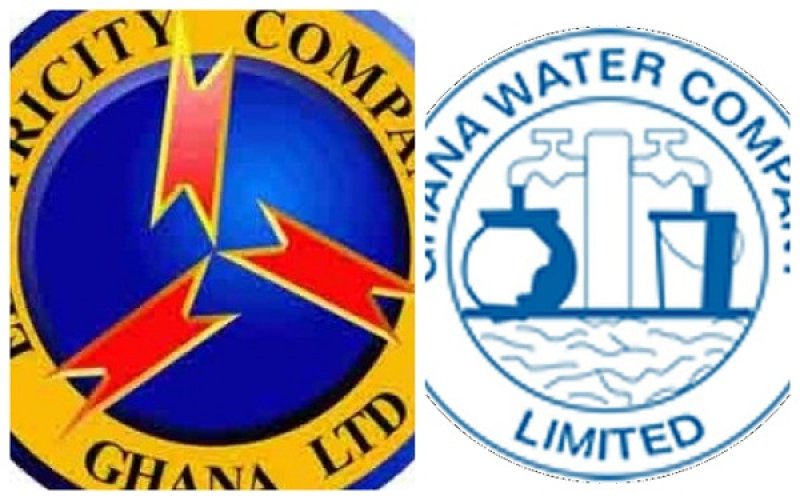Ghanaians will from today October 1, 2024, start paying more for electricity and water.
It follows a new tariff approval by the Public Utilities Regulatory Commission (PURC) which will see electricity jump by 3.02% and water up by 1.86% across the board for all customers.
This was contained in a statement dated September 27 by Dr. Ishmael Ackah, Executive Secretary for PURC.
The new tariff review was occasioned by changes in the exchange rate, domestic inflation rate, cost of natural gas and electricity generation mix, among others.
The new tariff, according to the Commission, is necessary to keep the light on and the water flowing.
Dr Ackah mentioned that the Hydro-Thermal generation mix considered for the projected period remained unchanged with hydro sources contributing 34.81 per cent to generation, while thermal sources contributed 65.19 per cent to the generation mix.
“There was, however, a 4.96% depreciation of the Ghana Cedi against the US Dollar between the second and third tariff quarters.
“Projected inflation rate for the period declined marginally from 24.38% to 22.27%. Similarly, the Weighted Average Cost of Gas (WACOG) declined from US$/MMBtu 8.0422 to US$/MMBtu 7.8368 for the third quarter.
“The overall changes in these factors under consideration amounted to a total under-recovery of GHS 173.98 million, which translates to a 3.02% increase in electricity tariffs. In the case of water, a revenue gap of GHS 12.01 million was recorded which translates to a 1.86% increase in water tariffs,” he said.
The Commission, he said, expects the regulated utilities, including the Electricity Company of Ghana (ECG), Ghana Water Limited (GWL) and Northern Electricity Distribution Company (NEDCo) to adhere strictly to the PURC regulatory benchmark of 98 per cent for revenue collection and, consequently, pay what is due all stakeholders in the value chain.
“This is very necessary for the sustainability of both the energy and water sectors,” he concluded.





